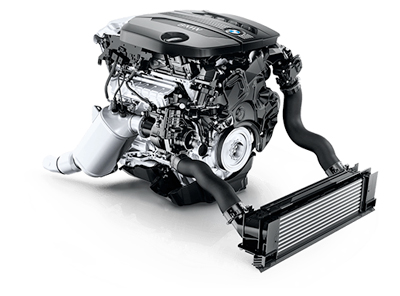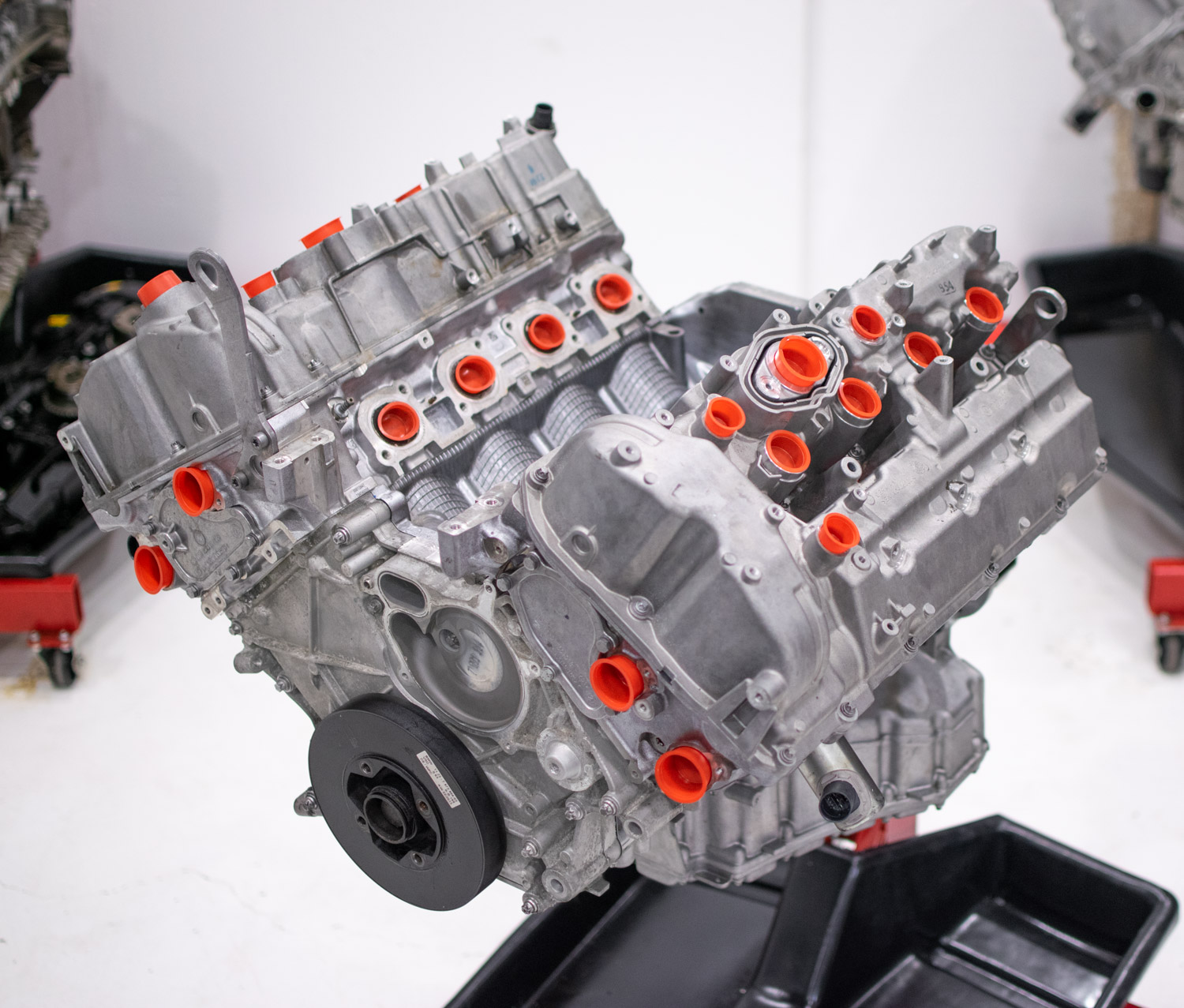Introducing the Intricacies of Next-Generation Power Units: a Deep Dive Into Advanced Engine Styles and Technologies
As we stand on the precipice of a new age in transportation, the intricacies of next-generation engine designs bid us to discover the sophisticated technologies and advancements that guarantee to redefine the driving experience. Delving deeper into the worlds of discharge control, smart engine monitoring systems, and the perspective of power unit growth, we discover ourselves on the cusp of an improvement that assures to improve the landscape of mobility as we know it.
Advancement of Engine Products

The change in the direction of advanced engine products has actually also enabled engineers to create engines with higher power results while preserving fuel efficiency requirements. The use of lightweight materials minimizes the overall weight of the engine, leading to boosted fuel economic situation and reduced discharges. Additionally, developments in products modern technology have permitted far better thermal monitoring within engines, resulting in raised dependability and longevity.
Turbocharging and Supercharging Technologies
How do Turbocharging and Supercharging Technologies reinvent engine performance and effectiveness in contemporary cars? Turbocharging and turbo charging are modern technologies that significantly enhance engine efficiency by increasing the quantity of air intake right into the burning chamber. Turbocharging attains this by utilizing a turbine driven by exhaust gases to pressurize the consumption air, while supercharging uses a belt- or chain-driven compressor to attain the exact same effect.
These technologies enable smaller, extra fuel-efficient engines to generate power equivalent to larger ones, called downsizing. Forcibly even more air right into the cyndrical tubes, turbocharging and turbo charging boost combustion efficiency, causing enhanced horse power and torque output without a considerable rise in engine dimension. This brings about far better velocity, hauling capability, and general driving performance.
Furthermore, turbocharging and turbo charging add to enhanced fuel efficiency by allowing the use of smaller engines that take in less fuel under normal driving conditions - bmw engine. This combination of improved performance and performance has made turbocharging and turbo charging indispensable parts of many modern engine styles
Emission Control and Environmental Influence
With increasing international concerns regarding air quality and environmental sustainability, the application of discharge control technologies in automobiles plays a vital role in minimizing dangerous pollutants launched right into the ambience. Modern vehicles are furnished with advanced emission control systems that assist reduce the environmental impact of automobile operations. Catalytic converters, for example, are developed to convert toxic gases such as carbon monoxide gas, nitrogen oxides, and hydrocarbons into less harmful substances like co2 and water vapor.
Additionally, developments in engine technology, such as the assimilation of exhaust gas recirculation systems and selective catalytic reduction, have dramatically contributed to reducing emissions. These modern technologies function in tandem to enhance burning performance and reduce the release of damaging toxins right into the air. In addition, the advancement of hybrid and electrical cars represents a critical step in the direction of lowering the overall ecological impact of the transport market.
Intelligent Engine Monitoring Solution

Moreover, these systems make it possible for automobiles to fulfill strict discharges requirements without endangering performance, offering a more eco-friendly driving experience. The combination of expert system and artificial intelligence abilities in engine administration systems remains to push the limits of what is possible, leading to more renovations in effectiveness, reliability, and overall lorry efficiency. bmw engine. As automotive technology breakthroughs, intelligent engine management systems will play a vital duty in forming the future of transport towards an extra effective and lasting direction
Future Trends in Power Unit Advancement
As intelligent engine administration systems lead the way for boosted control and optimization in modern-day vehicles, future fads in power unit growth are positioned to redefine the landscape of auto propulsion innovations. One of the essential patterns driving advancement in power device advancement is the shift towards electrification. With a raising focus on sustainability and decreasing carbon emissions, hybrid and electrical powertrains are becoming extra common in the automotive sector. These alternative source of power supply enhanced efficiency and performance while aligning with strict environmental guidelines.
One more considerable fad is the assimilation of advanced materials and making strategies. Lightweight materials such as carbon fiber and light weight try this web-site aluminum are being made use of to lower overall vehicle weight, boosting fuel performance and efficiency. Furthermore, developments in 3D printing and additive manufacturing are enabling the production of complex engine components with greater accuracy and sturdiness.
In addition, expert system and artificial intelligence are playing a crucial duty in enhancing power device efficiency. These innovations permit real-time monitoring and flexible control, leading to more dependable and efficient power delivery. Overall, future fads in power unit development are geared in the direction of sustainability, performance, and efficiency, driving the auto market websites towards a new period of propulsion innovations.

Verdict
Finally, the innovations in engine materials, turbocharging, emission control, and smart monitoring systems have led the method for next-generation power devices. These technologies have not just enhanced performance and efficiency however additionally lowered ecological effect. As technology continues to progress, future patterns in power unit advancement are most likely to concentrate on further boosting sustainability and maximizing power output. The intricate designs and technologies in modern-day engines showcase the ongoing advancement of auto technology.
Checking out the modern developments in engine products has been critical in improving the performance and effectiveness of modern engines. Over the years, the development of engine products has actually played an important function in pressing the limits of what engines can achieve.The change in the direction of progressed engine materials has also allowed engineers to make engines with greater power outcomes while preserving gas effectiveness standards.The execution of smart engine administration systems in modern-day cars has actually transformed the means engines are regulated and maximized for see post efficiency and performance. By gathering information in real-time and analyzing it with sophisticated formulas, smart engine management systems can adapt to driving designs, ecological aspects, and engine health to maximize power output while minimizing gas usage and emissions.